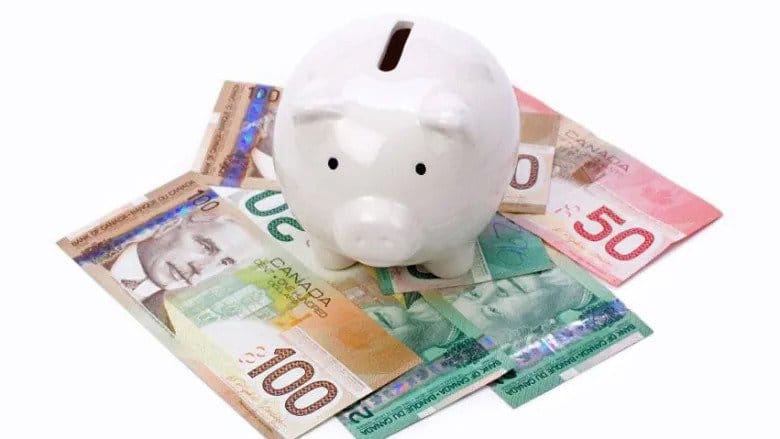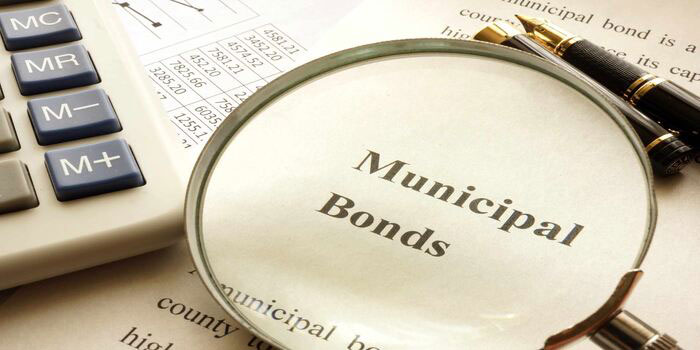Depending on the specific items you buy inside its borders, the state may also hit you with a few more unexpectedly high taxes. The state's gas tax is the second highest in the nation.
Taxes on Real Estate
In a strict sense and state level, Pennsylvania does not levy taxes on either real or personal property. However, its municipalities, counties, and school districts are responsible for it. A municipal assessor is responsible for determining real property's value. The tax rate varies from jurisdiction to jurisdiction. As of 2021, the property taxes in Chester County were the highest, while those in Forest County were the lowest. Taxes account for an average of around 1.46 percent of the value of a home's worth that a homeowner must pay.
In 2021, the annual property tax came to a median of $2,223; however, half of all tax bills were more than this amount, while the other half were lower. The number was determined using the national median house value of $164,700. As a result, Pennsylvania will rank sixteenth among the states in terms of the most significant property tax burden in the year 2021.
The Property Tax/Rent Rebate
Homeowners and renters in Pennsylvania who meet specific requirements are eligible to get a return on their property taxes paid via the state's property tax/rent rebate program.
- You or your spouse must be at least 65 years old to qualify.
- At the age of 50 or older, a widow or widower is eligible for this benefit.
- Applicants must be considered at least 18 years old and permanently handicapped.
- The yearly income of a homeowner must be less than $35,000 for them to qualify, and this amount must include half of their Social Security income.
- Renters are limited to an annual income of no more than $15,000, and the same Social Security restriction applies to them.
- As a result of the Social Security cost-of-living adjustments, special regulations came into effect in 2015 to protect homeowners and renters from being disqualified solely based on their income.
Personal Income Taxes
Pennsylvania is just a handful of states that maintain a single, unified tax rate. You are subject to a tax rate of 3.07% from the state, regardless of the amount of money you bring in. Personal exemptions and the ability to claim a standard deduction are not available to taxpayers in the form of Pennsylvania. Filers with a modest income might qualify for a credit that forgives some or all of their taxes.

Corporate Income Taxes
According to the Tax Foundation, the country's most influential and independent nonprofit organization in tax policy, Pennsylvania is ranked 29th for "kind" corporate income taxes. The highest rate applicable to corporations in this state is 9.99%.
Estate and Inheritance Taxes
Individual endowments given to recipients in Pennsylvania are subject to the state's inheritance tax. The recipient is responsible for paying this tax. Those surviving spouses and parents who inherit from a minor who is 21 or under are excused from paying the inheritance tax. However, this rule does not apply to children who are 21 or younger and inherit anything from a parent. The inheritance tax is as low as 4.5% on gifts made to direct descendants, as high as 12% on donations made to siblings, and as high as 15% on contributions made to anyone else. There are exemptions for certain political parties, charities, and government institutions.
Sales and Other Taxes
Pennsylvania's state-level sales tax is 6%. Even though Allegheny County adds an extra 1% local sales tax and Philadelphia adds 2%, the average local sales tax rate is still.34%, making the overall state and local average sales tax rate 6.34%. Since 2016, Pennsylvania has levied a tax on each pack of cigarettes equal to $2.60. One positive aspect of this tax is that it contributes, every year, many millions of dollars to the Children's Health Insurance Program (CHIP) as well as the Agricultural Conservation Easement Purchase Fund.

Purchases Not Subject to Sales Tax
According to research conducted by Public Citizens for Children and Youth (PCCY), the state of Pennsylvania loses more money in sales taxes than it brings in. The following are examples of purchases that are exempt from sales tax in the state:
- Haircuts \sHorses
- Publications like newspapers and magazines
- Tickets for candy sports events
The assistance of professionals such as attorneys, accountants, maids, and private chefs, among others. Pennsylvania exempts from sales tax around one hundred different categories of goods. PCCY reports that the state earns $9 billion in sales taxes yearly, but the state would get around $19 billion more in revenue if such transactions were subject to taxation.




